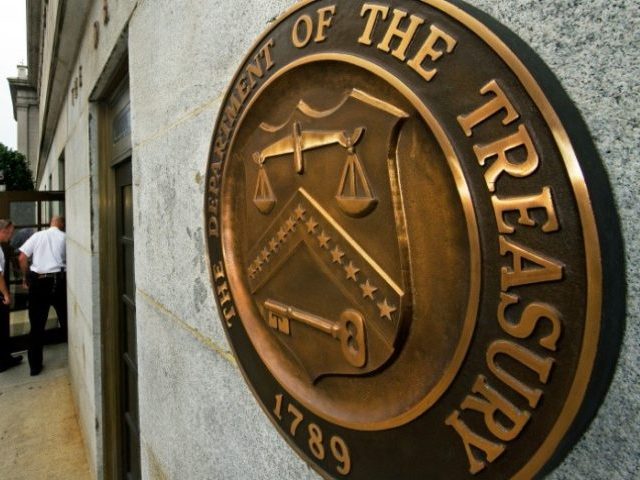President Trump should quickly submit to Congress for passage a one-page bill proposing using a free market auction to attract the estimated $2.5 trillion of U.S. multinational corporation profits being held overseas. The most advantageous auction structure is what is known as a “Dutch Auction.”
U.S. multinationals have been holding these profits overseas to avoid exposure to the punitive Obama-era 35% U.S. corporate tax rate. The idea under bi-partisan discussion would allow for a special one-time repatriation holiday tax rate in the range of 10%. The hope is that in addition to generating tax revenue, repatriated monies will spur business investment and hiring in the US.
But setting a rate invites misjudgments, and the U.S. may pick a rate that is too high resulting in no repatriated capital; or, a rate too low which costs the Treasury valuable revenue. This could also have the unintended follow-on effect of US multinationals seeing this aa incentive to withhold foreign earnings in the future, hoping that another repatriated tax break will occur.
A Dutch Auction solves this problem. In a Dutch Auction, the Treasury would give all companies the opportunity to submit an offer to the US Treasury regarding how much money and at what tax rate they would be willing to repatriate money back to the States. Companies could be allowed to make tiered bids – $X at A% rate, $Y at B% rate, etc. After the 30 days, the Treasury would consolidate all the bids and determine how low a rate it is willing to accept to get the optimal deal based on rate, income repatriated and amount of taxes raised. All companies would pay the lowest rate the Treasury accepts.
In a Dutch Auction structure, market forces will work to the U.S. Treasury’s advantage as companies compete for the opportunity to bring cash home at a favorable tax rate. A Dutch Auction should result in bids for a huge amount of these overseas monies, because every company should logically submit a bid even if at an unrealistically low rate. Knowing bids will be forthcoming for a large percentage of these corporate monies held overseas motivates all companies to submit a competitive bid (i.e. higher tax rate).
From a company’s standpoint, either they can repatriate an amount at the tax rate they proposed (success), or they can repatriate at a lower tax rate accepted by U.S. Treasury (windfall). If they shoot with too low of a tax rate, the Treasury could select a rate above their bid and they lose out – their money stays stuck overseas. The market determines the repatriation tax rate. Free markets find efficient pricing.
A repatriation program as part of the 2004 American Jobs Creation Act specified that all funds should be earmarked for hiring workers or research, but there is a lot of uncertainty whether the American labor market benefited from this repatriation program. Consistent with President Trump’s willingness to impose job creation and “made in American” policies, any repatriation tax holiday must include clear and enforceable teeth in any such new job requirement.
This plan provides the US Treasury optimal flexibility to not only generate significant tax revenue but an incentive for American multinationals to repatriate their foreign earnings back to the U.S., and then use the cash to invest in America and create more American jobs.

COMMENTS
Please let us know if you're having issues with commenting.